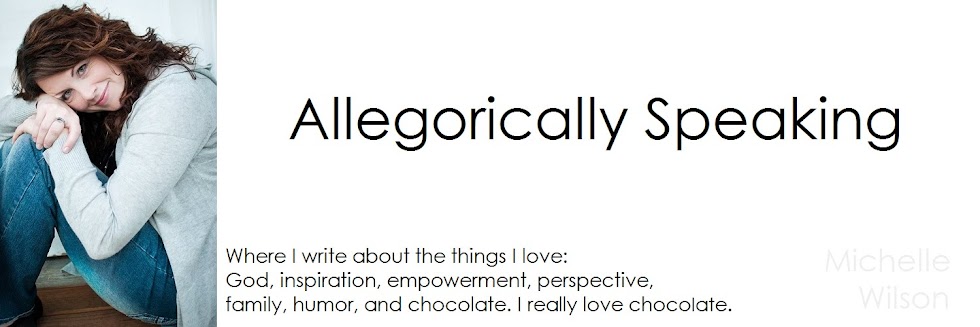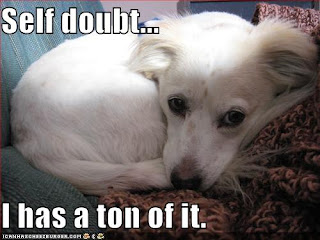
You did it! You finished your book!
You imagined and created, typed and toiled. Then you took the story you love so much and tore at it, replacing words, fine-tuning, polishing it to a shine.
That, in and of itself is an accomplishment to be proud of!
You love your book. It's gonna be the next #1 New York Times Best Seller, for sure!
Now all you need to do is find an agent, editor, or publisher to take it on.
No problem! You sign up for the nearest writer's conference and sign up for a pitch session or two. Your book is too good for the slush pile, you know it. They're going to love it for sure. It is, after all, a masterpiece.
You work on your hook and your pitch, and you wait with excitement as the day you'll be discovered grows near. You might order business cards to leave behind, or a pen or sticky notes with your name in it. You might buy a new outfit so you can look professional at your pitch.

The day finally arrives, and you are nervous. Then the moment arrives, and you realize that you have been so busy preparing for the pitch session, that you have no idea what to do during the pitch session.
What genre is your book? How many words is it? What is your own name? You've forgotten it all!!
It's a writers nightmare, and it happened to me! Luckily, I remembered at the last second a few tips I had learned from good people who have been there before that helped me make it through without looking like a total moron. And they are:
1. Be prepared: There are a few essential things you must have prepared in advance:
- Have a completed, polished manuscript.
- Know your genre, your target audience, and your competition.
- Research who you are pitching to. Make sure they are accepting your genre.It will impress the agent/editor if you know about their company, what they've published, what other clients they have.
- A good solid hook. This is a one-sentence description of your book. Here is an article on 10 different ways to write a good hook.
- A good solid pitch. At most pitch sessions, you are not allowed to take anything with you, other than a small note card to read off of. Take the time to memorize (then practice so it doesn't sound memorized) a one-paragraph summary of your book. Don't give the end of your book away here. Think back of the book blurb. Make every sentence count. One publisher told me, "Every sentence needs to be a popcorn kernel that pops with information when I read it." You'll give your pitch to the agent/editor, then they will ask you more questions. Know your story well enough to answer them intellectually and articulately.
- These are things to bring to the conference with you, but NOT to the pitch session. The agent/editor MIGHT ask you for them, but most likely not. Still, it's good to be prepared.
- A one-page synopsis of your book (if it's fiction. A Proposal if it's non-fiction). You DO need to give away the ending in your synopsis. This is not to hook the agent/editor. If they ask for this, they are already hooked. This is to show them you can write a story that makes sense and is interesting. You can find tips here and here about writing a great synopsis.
- A hard-copy of your manuscript formatted according to their submission guidelines. 9.9 times out of 10 they will NOT ask for it, but I like to be prepared.
- Thank you cards. I don't bring them to the session, but I do fill them out and mail them that same day. You want them to receive them when you're still fresh on their minds. If your book didn't leave a good impression, you still can. You never know if they'll pick up your next book. :)
- Having a nice looking business card to give to them is a nice touch.
- Dress nice. You don't have to be wearing a tux or fancy dress, but let your outfit reflect that you can be professional, and that you are taking this seriously.
2. During the pitch session.
- Don't chew gum. It's rude.
- Shake their hand after they offer theirs.
- RELAX. Remember, they are just people, too.
- Don't jump right into your hook and pitch. It's okay for a bit of small talk. ("I enjoyed your class today." or "Have you enjoyed the conference?") They'll ask you what you're book is about when they're ready.
- Smile. Show them how much you love your book by how you talk about.
- DO NOT say that it is the best book they will ever read, or the next big seller. DO NOT mention Oprah's Book Club or compare it to Harry Potter. Have faith in your book. Let it sell itself.
- Don't say you're nervous. They probably already know--and they understand.
- Be prepared to accept compliments and/or criticism. Accept them graciously. They will give you honest feedback which can be very valuable.
- If they aren't interested in your book and you still have time, pick their brains. Ask them questions about what they do like, what sells, what is hot right now. You paid for the time, use it!
- Regardless of what happens, at the end, give them a sincere Thank You. Remember, you are not just selling your book, you are selling yourself. And you never know when you might end up working with them.
3. After the pitch session.
- Not everyone does this, but I like so send a nice thank you card, mailing it on the same day. Editors and agents have A LOT on their plates. More points of contact with you means the better they remember you. You aren't just trying to get your book published, you are also trying to establish and build relationships in the industry.
- If they did request more (a synopsis, the first three chapters, a Proposal, or the entire manuscript), send it in a timely fashion. Now is not the time to send it to an editor and see what all your friends think. That should have been done before. Don't wait a month--send it within a few day.
- Don't stalk the agent/editor the rest of the conference. They have other people to meet, friends and colleagues to chat with. If they come and talk to you, great. But don't follow them around to tell them more about your book. That's just creepy. And unless the LOVED your book, you can actually discourage them from publishing your book that they merely like because they don't like you.
4. And then what?
- Prepare for your next pitch session! Let's be honest. Most pitch sessions do not end up in book deals. The chances are that you will have many pitch sessions under your belt before you find the magic combination of the perfect author, story, editor/publisher. Don't get discouraged! Learn from your pitch sessions. Make great contacts, expand your horizons and KEEP writing and pitching!
- HAVE FAITH. You have done what 80% of America has wanted to do. You wrote a book! You love your book. Have faith in your book, and in yourself. Keep writing, keep pitching. Don't give up.
Remember, the goal is to turn this:
Into these.
And someday (hopefully sooner than later) you will.
 We no longer are a victim of circumstance, but a navigator of purpose.
We no longer are a victim of circumstance, but a navigator of purpose.















